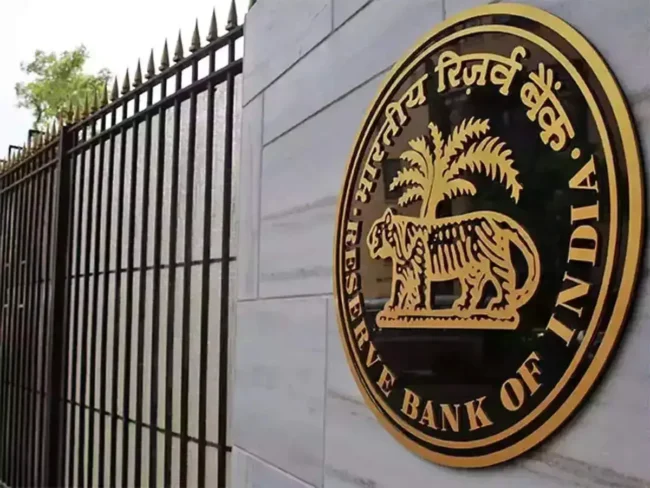India’s central bank is actively encouraging local banks to facilitate trade transactions between the United Arab Emirates (UAE) and India using the dirham (AED) or Indian rupee (INR).
This proactive step aims to reduce reliance on U.S. dollar-based transactions. And aligns with the Reserve Bank of India’s (RBI) broader strategy of fostering settlement in local currencies. Particularly with nations where India’s trade deficit exists.
This strategic move underscores the RBI’s objective to elevate the global significance of the Indian rupee.
Within the banking sector, insiders emphasize that this initiative stems from India’s substantial trade deficit with the UAE. Amounting to $21.62 billion in the previous fiscal yea, equivalent to 8.2% of India’s total trade deficit. Notably, the two countries recently struck an accord to facilitate trade using rupees instead of dollars, a measure aimed at curbing dollar outflows linked to the trade imbalance.
According to sources within private banks. The RBI has conveyed a gradual push for INR-AED trades, encouraging clients and corporations to move away from dollar reliance. These verbal directives were delivered during a recent foreign exchange seminar. However, as of now, both the RBI and the trade ministry are yet to respond to media queries concerning this matter.
“Efforts to Enhance Bilateral Trade and Currency Cooperation”
Insiders indicate the RBI is contemplating internal targets to effectuate the desired shift from dollar-based transactions in India-UAE trade.
The central bank is notably keen on boosting the volume of such trades and has affirmed its readiness to support INR-AED transactions. However, the current volume of cross-currency trade is reportedly limited. Potentially posing challenges for companies aiming to settle full import payments in dirhams.
While larger entities are encourage to initiate INR-AED trades due to their stronger financial positions, some hesitancy lingers. Smaller enterprises have been incentivize through discounted service charges offer by banks to engage in these transactions.
In a recent noteworthy instance, Indian Oil Corp (IOC.NS) used rupees to pay Abu Dhabi National Oil Co (ADNOC) for the acquisition of one million barrels of oil.
Despite obstacles, the RBI’s proactive measures underscore its commitment to reducing dollar dependency. And promoting the use of local currencies in trade settlements.
